Easy Rooftop and Balcony Gardening – Starting a Balcony Garden 101
I could call it “urban gardening” instead of rooftop gardening or balcony gardening. But gardening means also growing flowers and other ornamental plants. No, this is entirely about urban agriculture: growing food, and how it has obsessed me for a very long time.
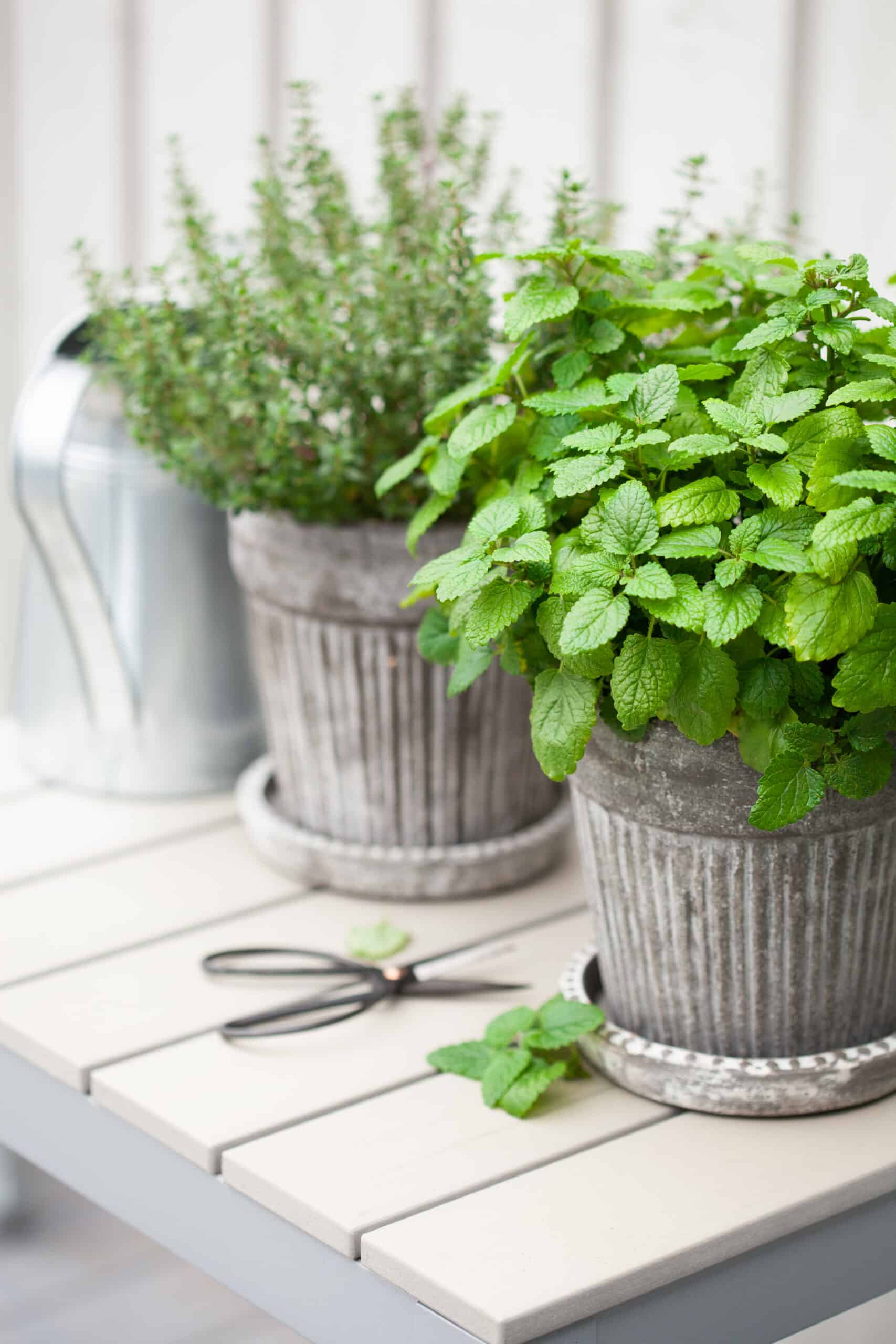
Why start a balcony garden
I have been an apartment dweller for most of my life (currently living in a home with a small yard), so it’s not like I’ve had tons of space to grow things. But if you think lack of space means that you can’t grow at least some food, you are wrong. If I can do it, so can you.
The first thing you will need is a sense of perspective. Stop and think about the reasons you want to start a garden. Below are some reasons why you might want to start your own balcony garden:
Growing your food may be cheaper
If this is your main reason, you might be well-served to rethink your stance. Nothing in life is free. Of course, you can invest as much as you want in your garden. You don’t need to buy pots, for example, you can find reused containers, you can even make your own self-watering container. You can get some seeds for free, if you don’t want to buy them at first (just take them from vegetables that you consumed).
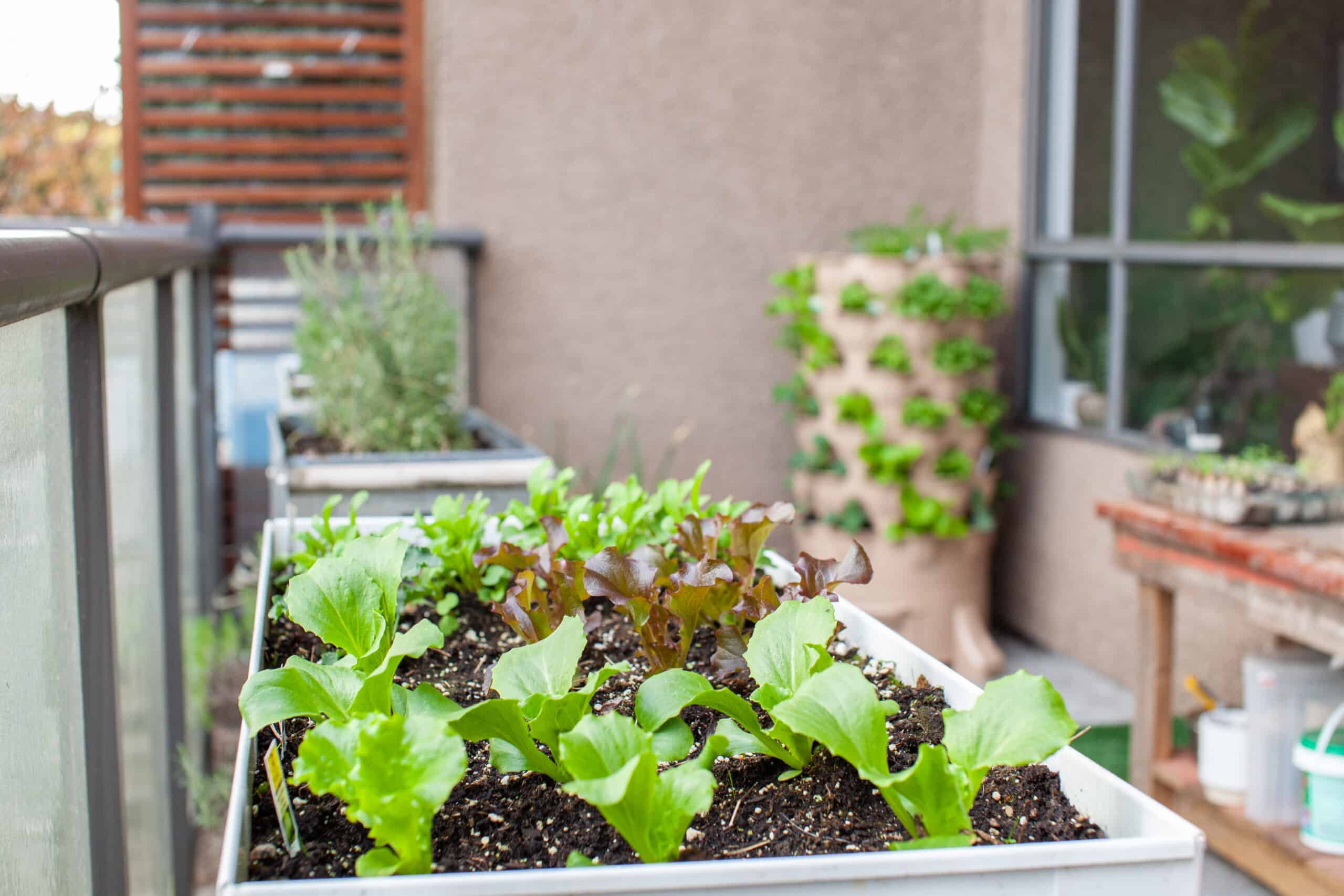
But some things cost money. If you are starting a potted garden you will need potting mix. Soil is not good enough. I will go on details on future posts. Luckily the products that you will definitely need to buy are not too expensive.
The good news is that, once you’ve made the initial investment, there will be few expenses later on.
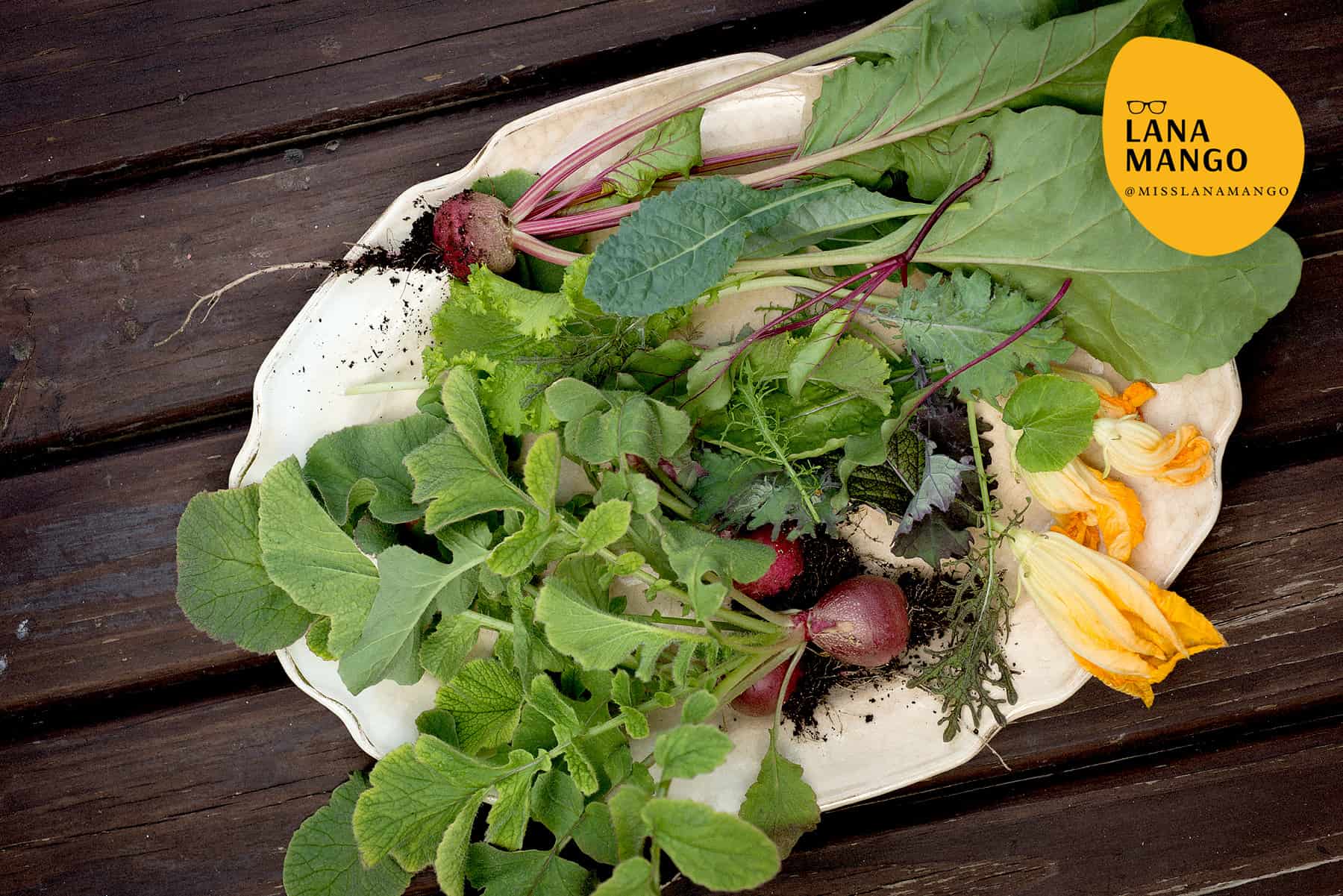
Eat fresh, safe, organic food
This is, in my opinion, the best reason to do this. While we can buy organic food, nothing beats homegrown for freshness. I pick my salad a few minutes before is time to serve it. My herbs go from the pot to the cooking pot in seconds. Vegetables start losing nutrients as soon as they are harvested, by eating fresh vegetables you ensure that you consume them at their peak.
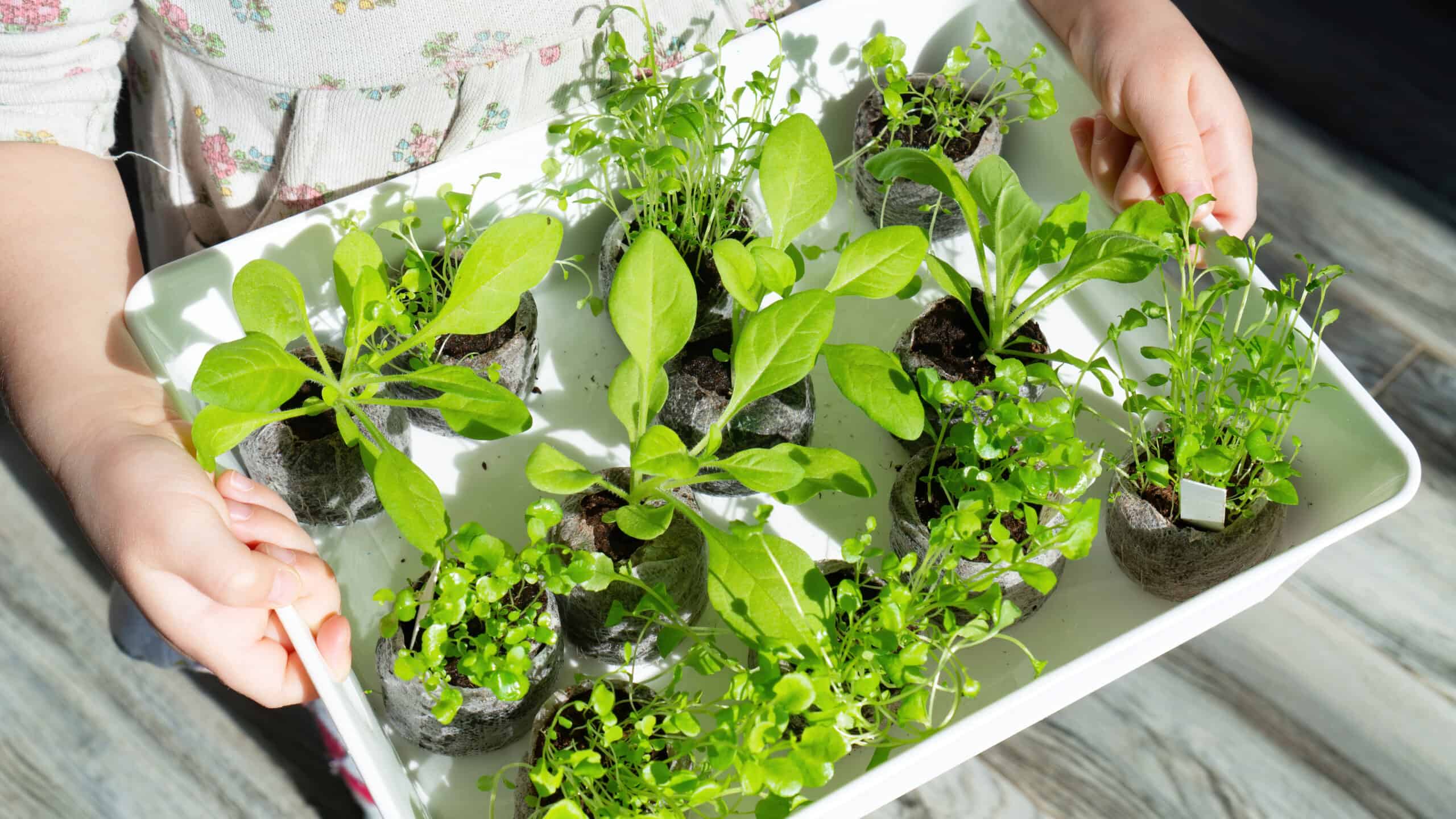
Teach your kids
Nothing convinces kids to eat their vegetables faster than having a hand in growing them. Food growing is a source of education and entertainment for the little ones. Even little kids can take care of a plants’ basic need. I suggest you get them involved in each part of the process, from choosing the vegetables to harvesting them.
I can attest to the benefits of this on my own child.
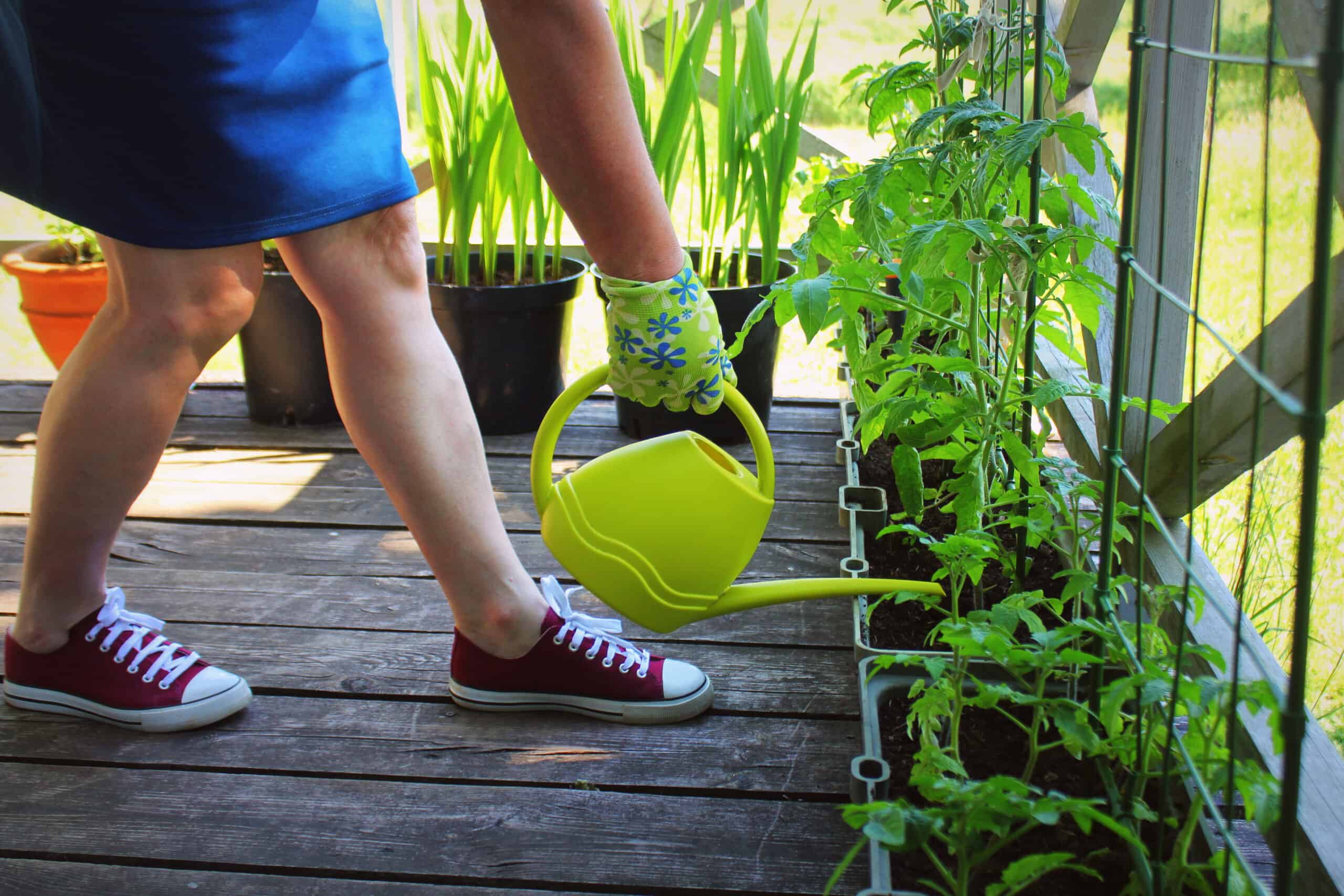
Important questions
Before you start growing anything you need to assess your needs, how much you can invest in this, and also what you can physically grow, and there are a few questions you might need to think about.
The answers will limit what you can grown and how much of it.
How is the climate where you live?
There are limitations to what you can grow in a tropical, humid climate, or in a dry cold one or a dry dessert one. Your growing area is very important to decide what to grow, and when to start your planting season.
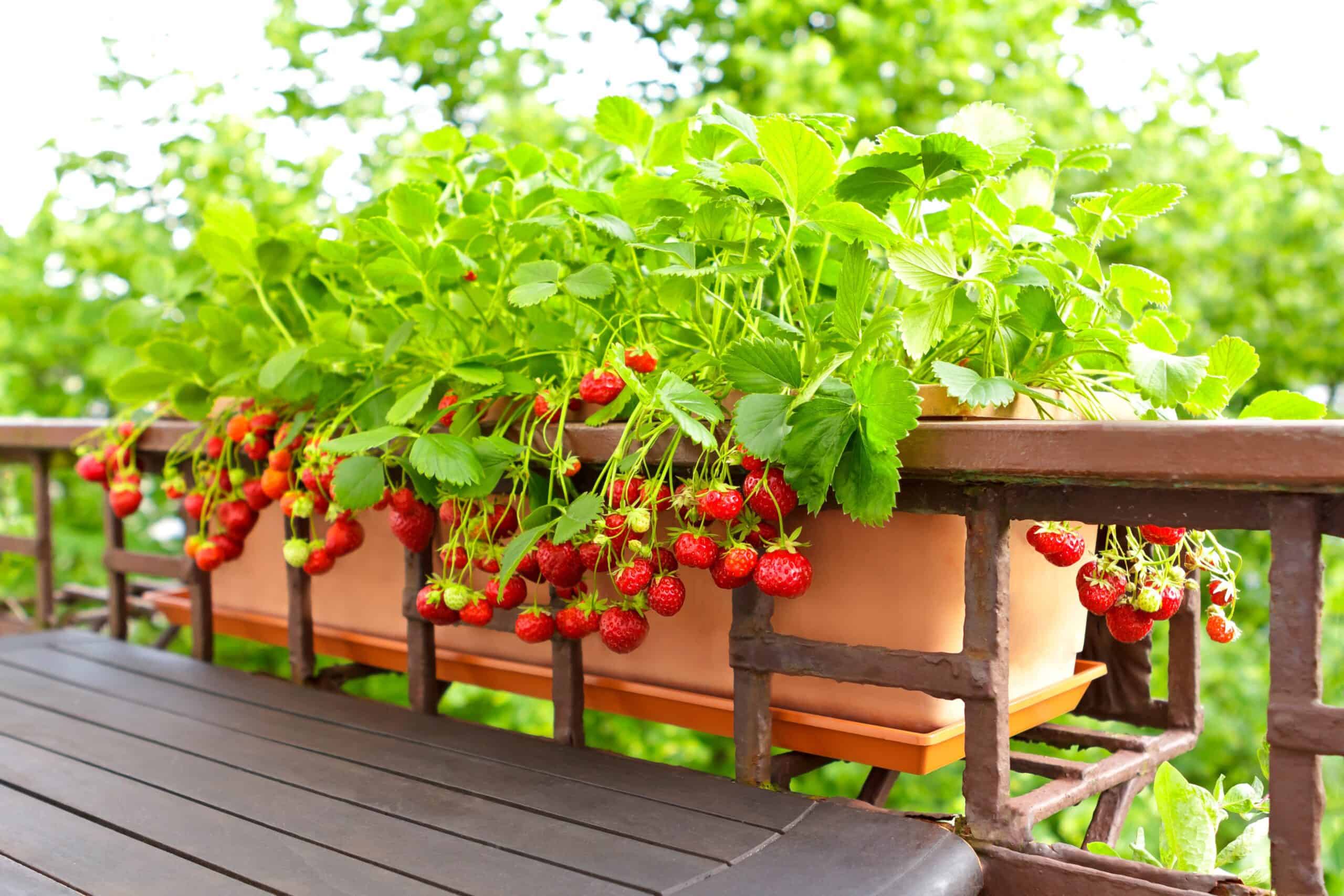
How much sun do you have?
An urban garden comes with limitations that an open garden does not have, one of them is the availability of sunlight. This will also help you decide which plants can live in your garden, but even if you have limited sunlight hours there will be some vegetables you can grow.
How much space do you have?
Some plants need a lot of space, some are very tall, some need a lot of water. But even in very limited space you are likely to find a windowsill where you can grow a few veggies.
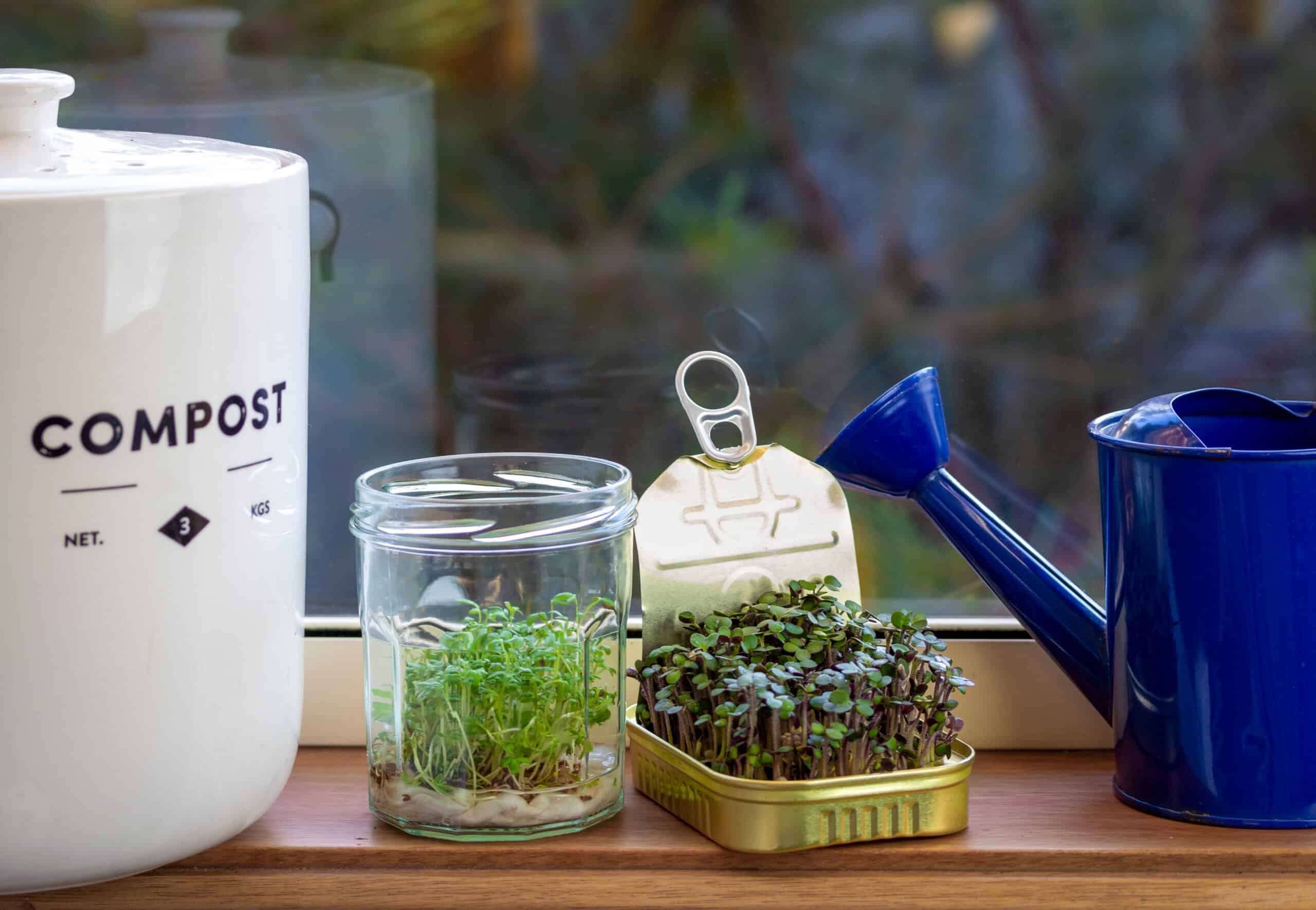
How much time can you dedicate to your garden?
Luckily rooftop and balcony gardening does not take that much time, and with this you also have flexibility. If you don’t have the time for everyday watering a self-watering container is the answer to your problems. An hour in the weekends might be a must for maintenance.
What do you like to eat?
If you are starting a vegetable garden is obvious to me that you love your veggies, but if you hate spinach there is no sense in growing them now matter how easy and low-maintenance they are.
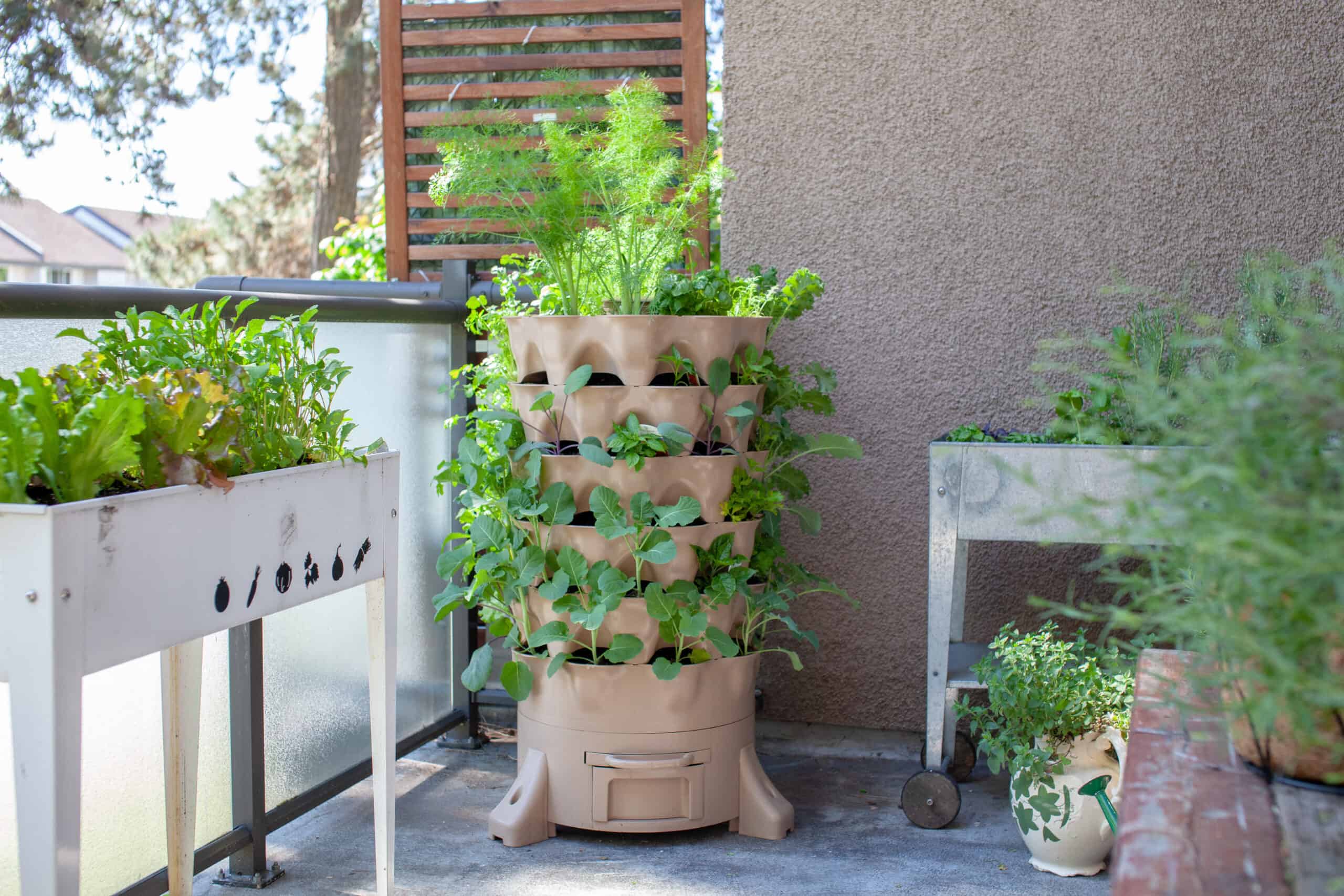
How much can you afford to spend?
If you want to grow plants with big needs (like plants that require big pots), then you will need to spend more on big pots and more potting soil.
Think the basic needs like pots, potting soil and plant food, and where you can acquire them, before you go on choosing the best vegetables for your needs.
I hope you keep tuned in and join me in this adventure.
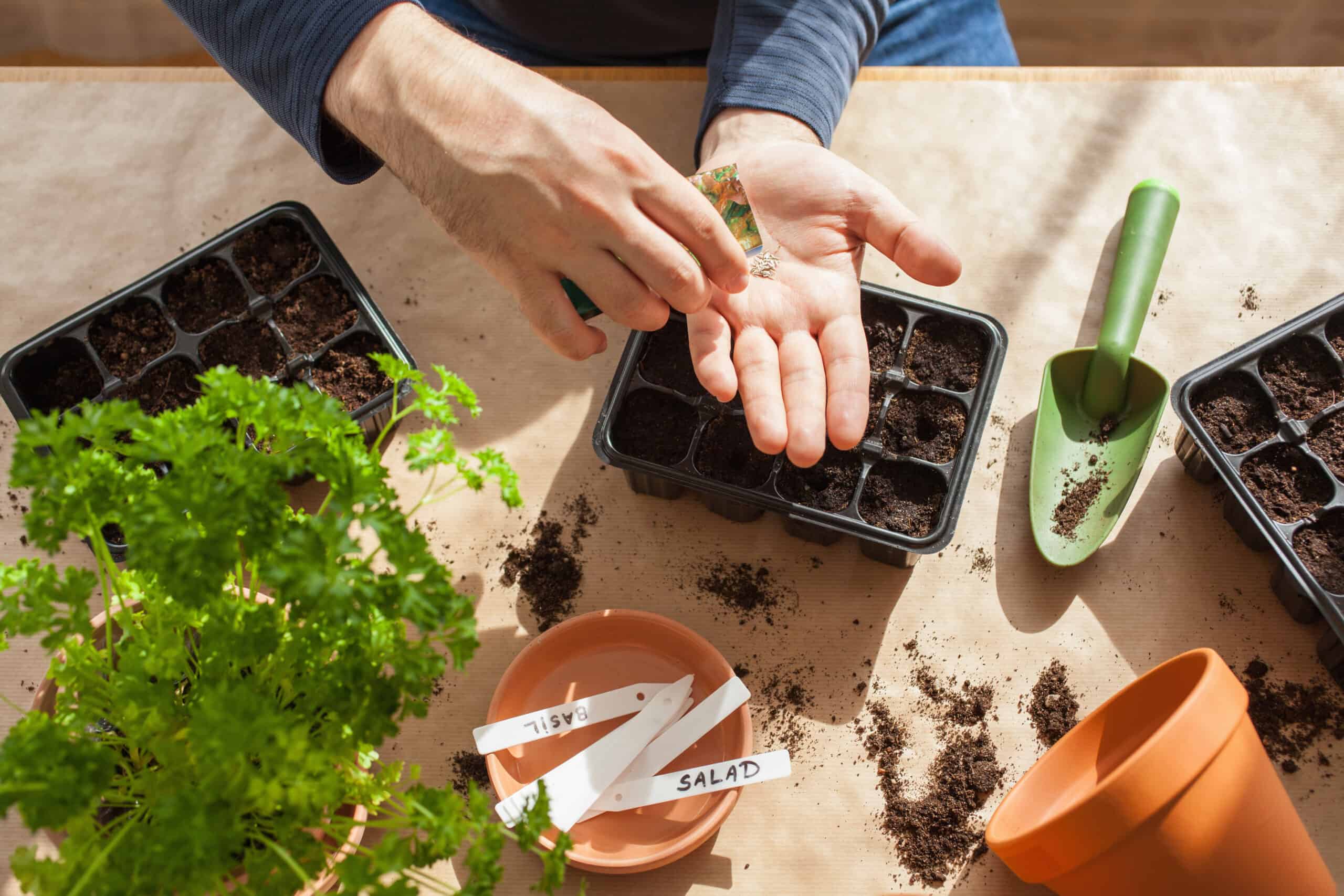
Balcony gardening ideas
Over the years I’ve grown the following vegetables in a container garden. All of those require just a very small space.
Vegetables
Radish, carrots, beets, zucchini, onions, peppers, tomatoes, broccoli, okra.
Salad leaves
Arugula, mustard greens, spinach, several other varieties of greens.
Herbs
Parsley, curly parsley, cilantro, dill, oregano, basil, thyme, marjoram, mint, rosemary, sage, chamomile, lavender and chives.
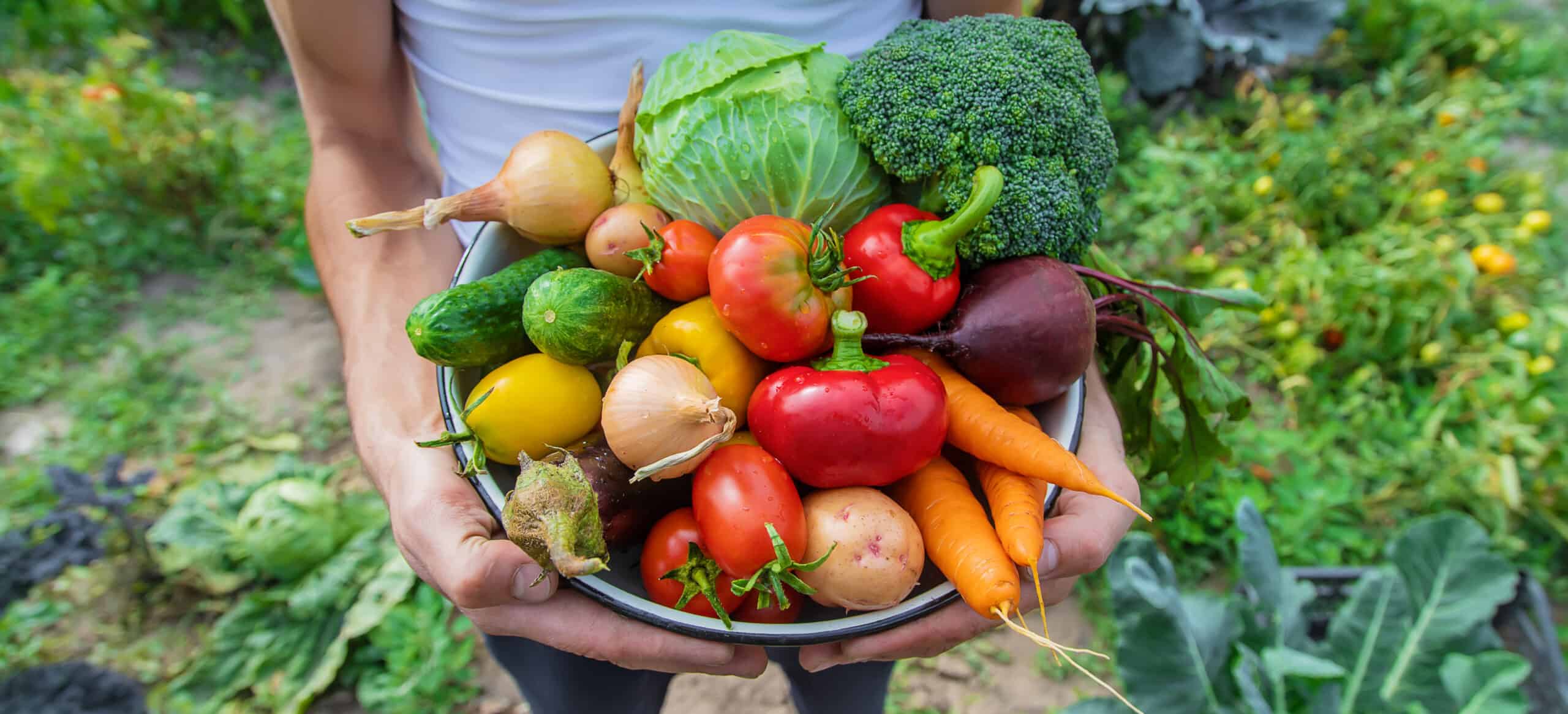
Rooftop and Balcony garden resources
These are my favorite books on container gardening. They have simple, inexpensive ideas on how to grow food in containers, and how to pick what works best for your area.
Balcony gardening books
- The Vegetable Gardener’s Container Bible: How to Grow a Bounty of Food in Pots, Tubs, and Other Containers
- Container Vegetable Gardening: Growing Crops in Pots in Every Space
- Container Gardening For Beginners: A Guide to Growing Your Own Vegetables, Fruits, Herbs, and Edible Flowers
Rooftop and balcony gardening free resources
My favorite balcony garden planters
I absolutely prefer self-watering garden planters, they are much easier to take care of and are very forgiving if you need to go away for a couple of days, or forget to water your plants.
1 2 3 4
And yes, I do own these.

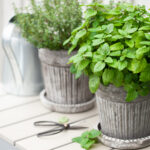
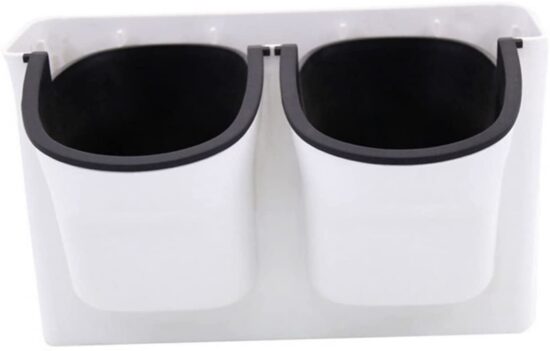
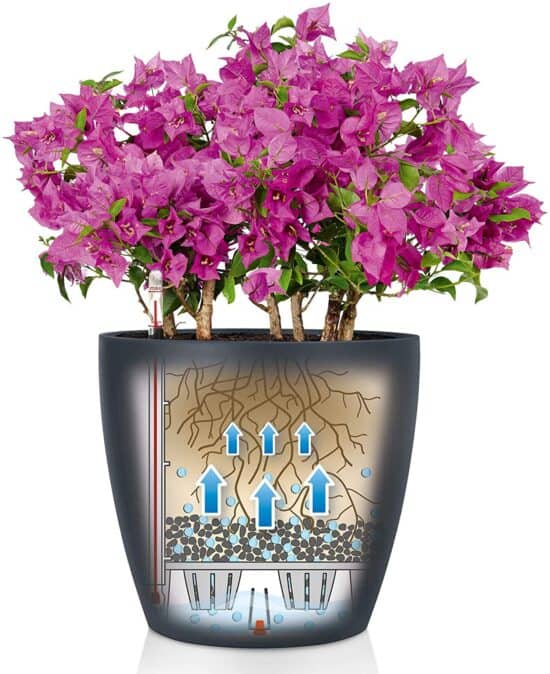
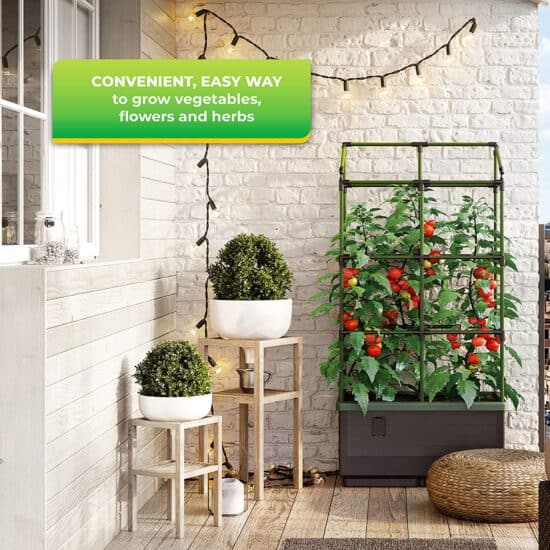
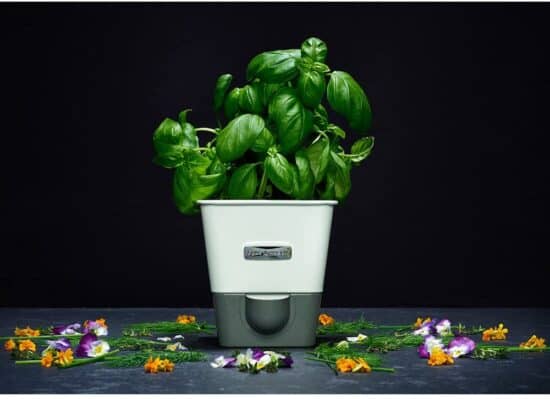

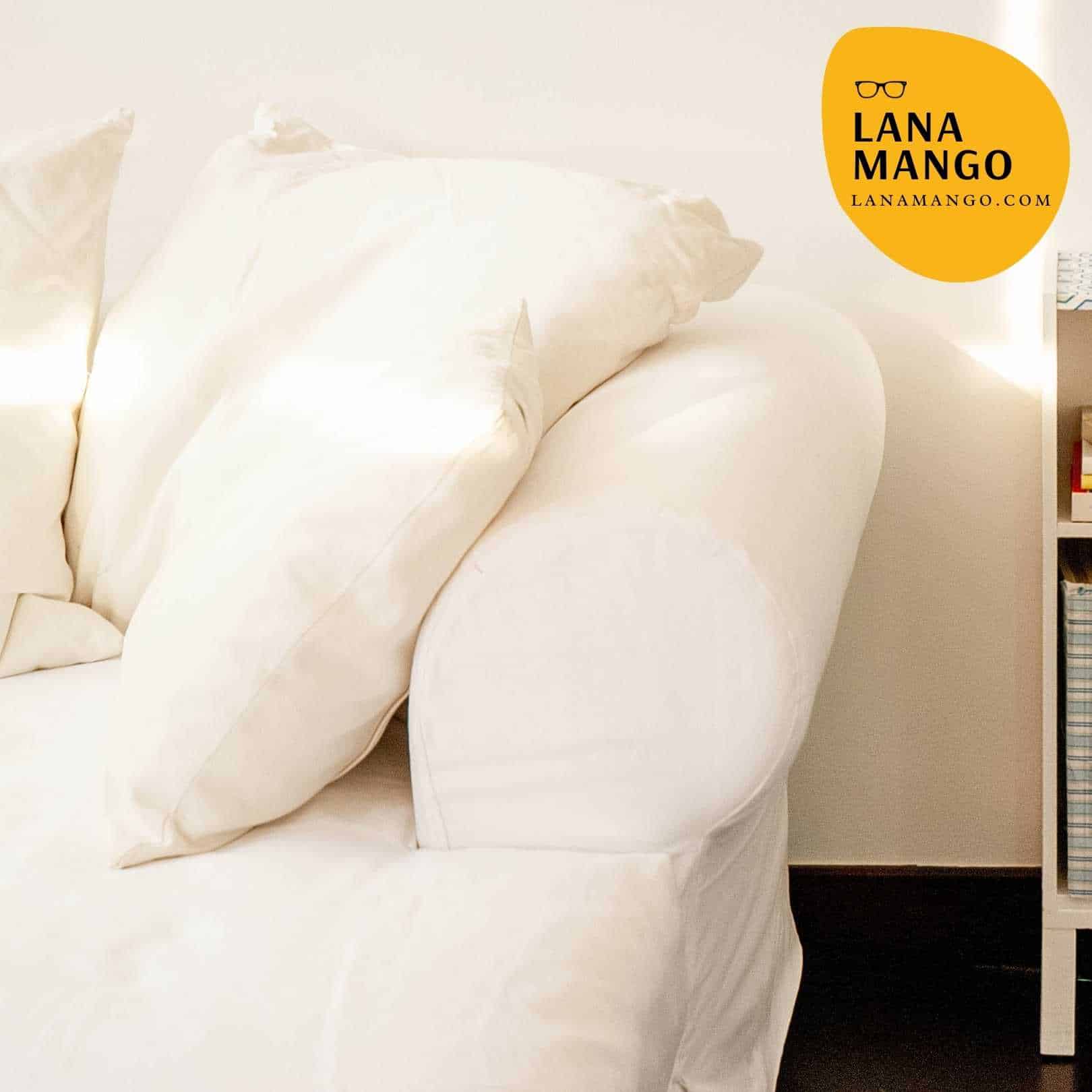
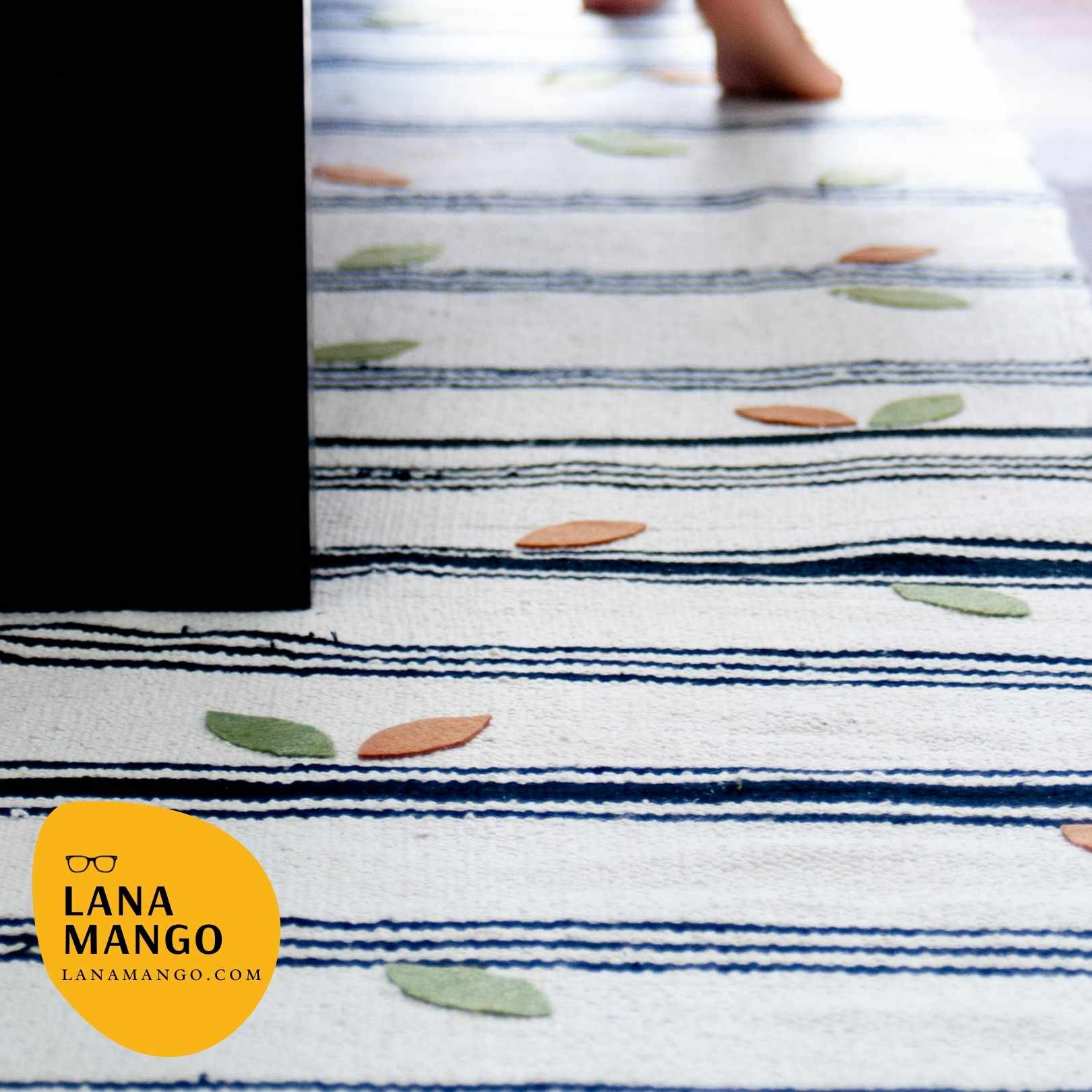
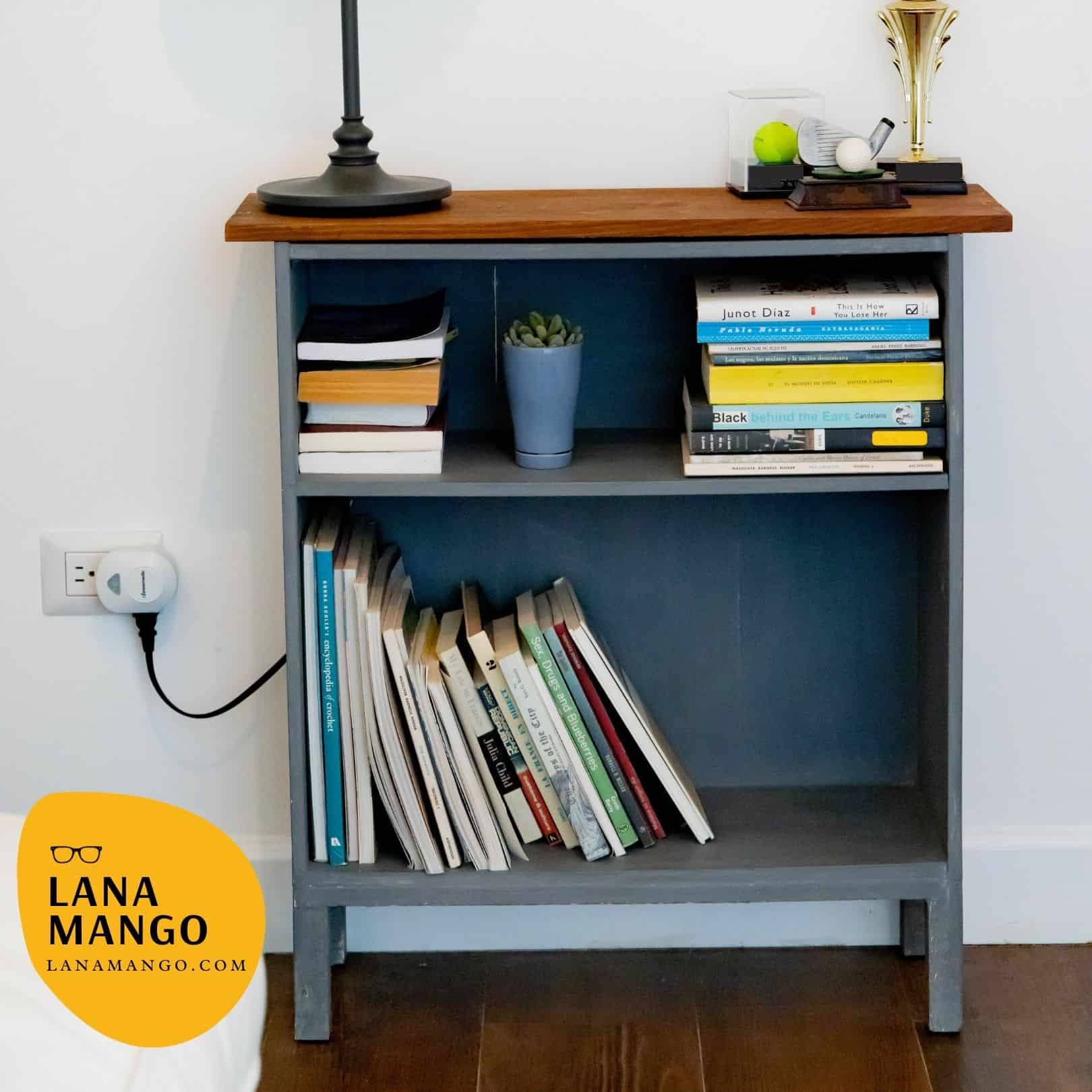
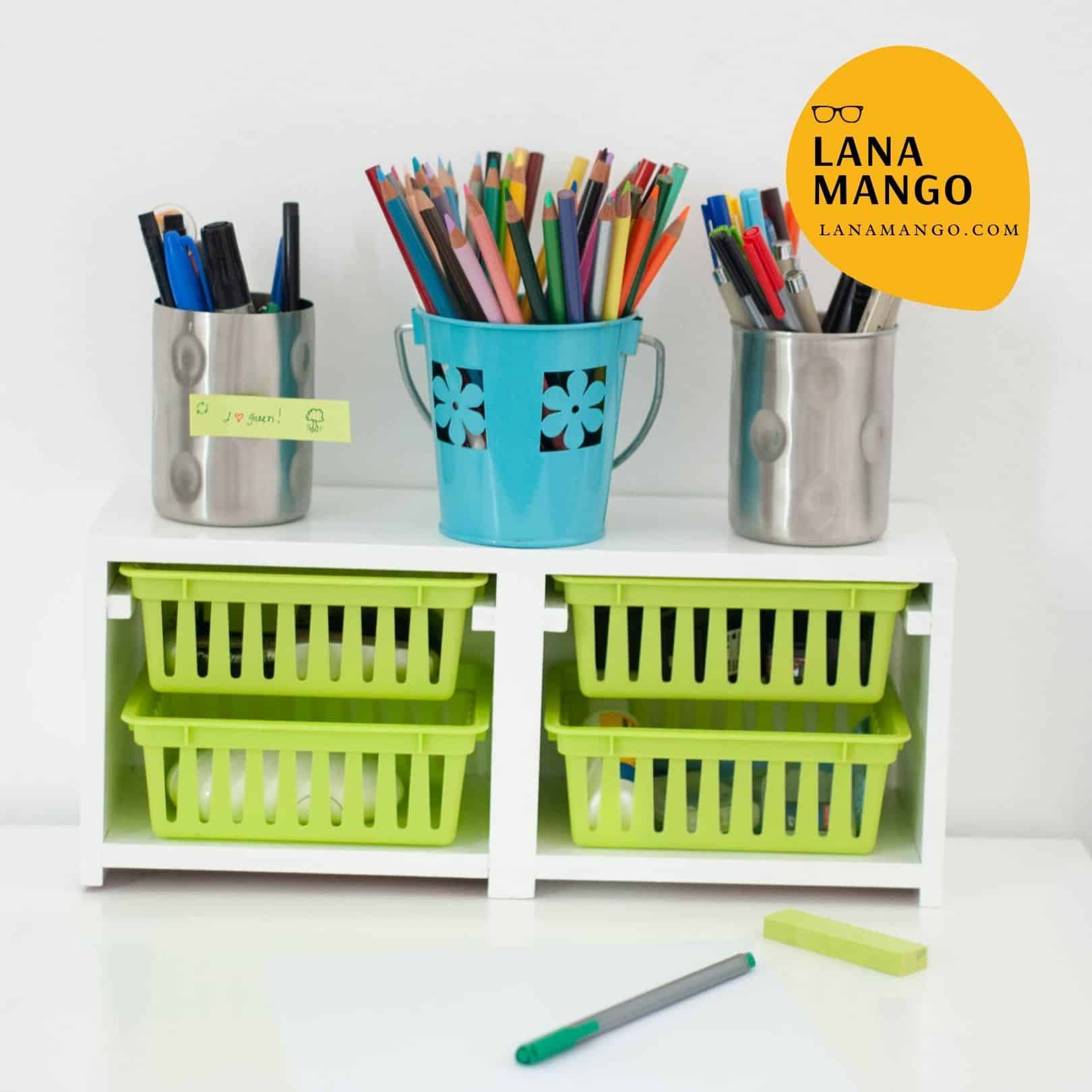
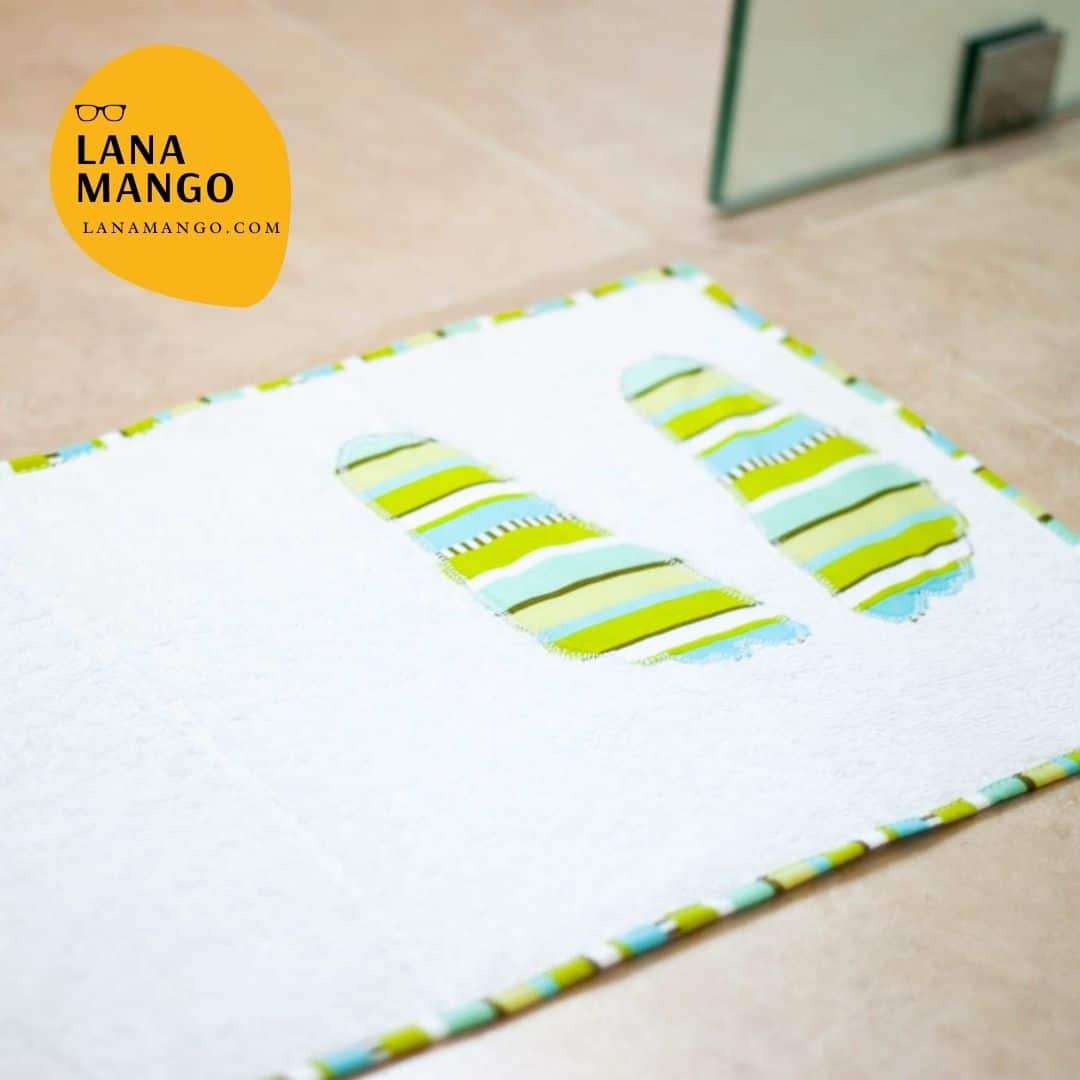
Hello, I was also going to comment that the clothespin labels are a wonderful idea…Love it! Hoping to start My own urban garden soon!
Hi! I just discovered your blog! I looove it!!! 🙂 I have been trying to grow a small herb garden in my balcony, it’s not easy, but its so lovely!
Love the clothespin as labels idea! Such beautiful photos as always.
Thanks, Tonia. I saw it somewhere a long time ago. I use the old clothespins for this. 🙂